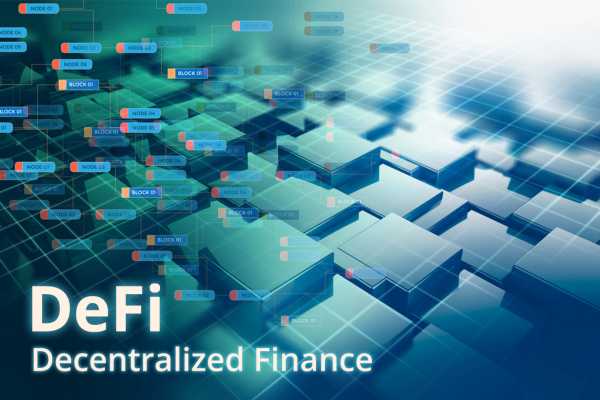Cryptocurrencies are digital (DeFi), virtual assets secured basically by transparency and record taking on the BlockChain (a digital ledger), which makes them technically impossible to counterfeit. Each cryptocurrency is unique.
Primarily cryptocurrencies are developed to securely store value but the necessity of profits has fueled developers into making extra efforts. Since an increase in market cap is vital for this to happen, each token is embedded with features to keep them relevant and attract more investors over time.

In that vein, developers have come up with a BlockChain alternative to Traditional Banking with the introduction of the Decentralized Finance (DeFi) System. The idea of DeFi is aimed at creating an easily accessible Financial Ecosystem whereby Users have control over their assets through dApps.
Hence the dApps feature is widely supported on most crypto-based software. In DeFi, the middleman that facilitates transactions is called Smart Contract. Imagine Smart Contract as a delivery company on the blockchain.
What are Smart Contracts?
Smart Contracts are cyber transaction protocols designed to facilitate transactions when certain conditions are met between two parties. Ethereum is the first developed smart contract with a market cap just below $200million. Some other popular smart contracts are;
There is an incredible demand for good smart contract ecosystems, mainly due to congestion and the fact that transactions are becoming more expensive by the day.
Each smart contract has Decentralized Exchanges (Dex) developed to enable users to apply them.
In this article, we have emphasized the most applied smart contracts in 2021.
